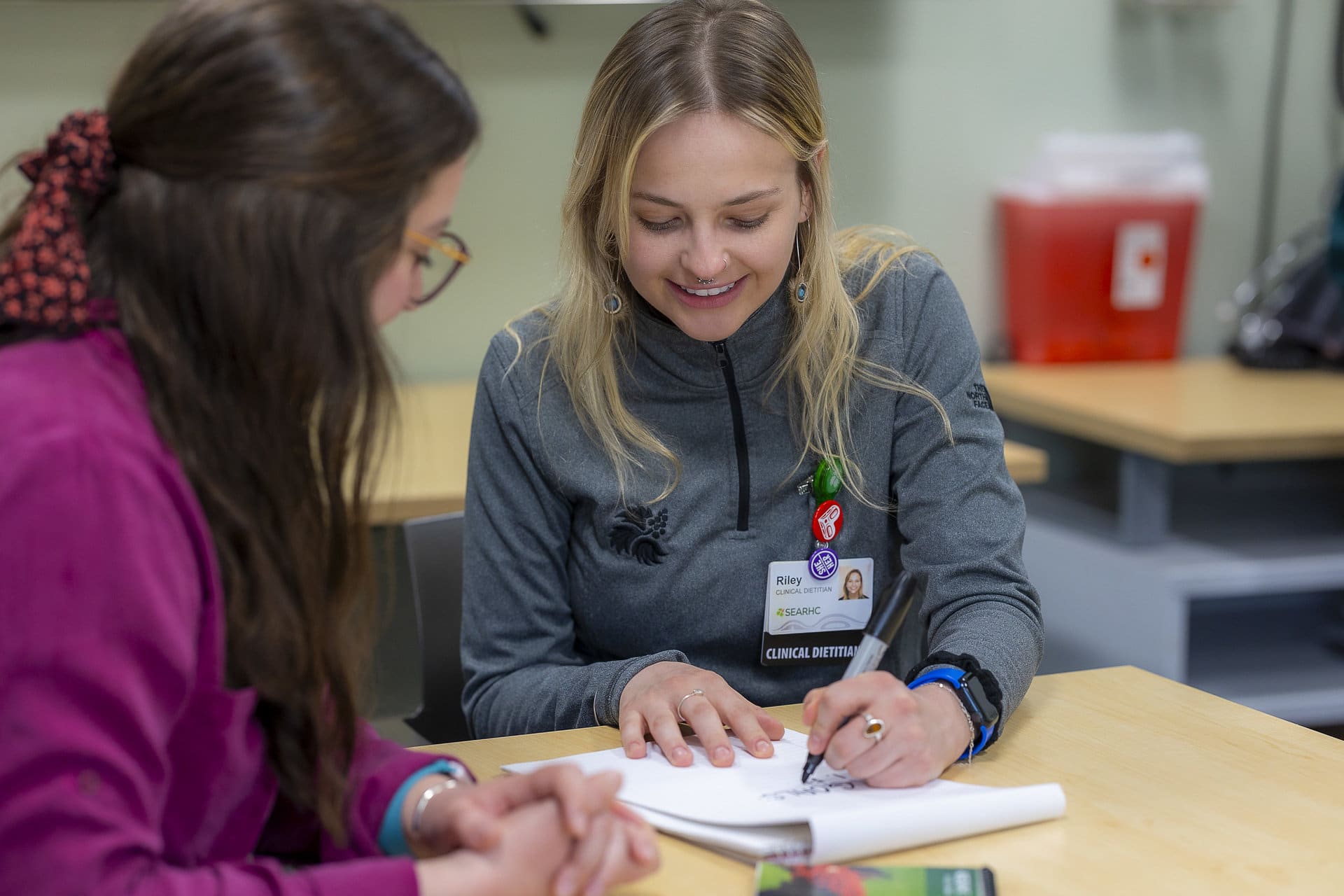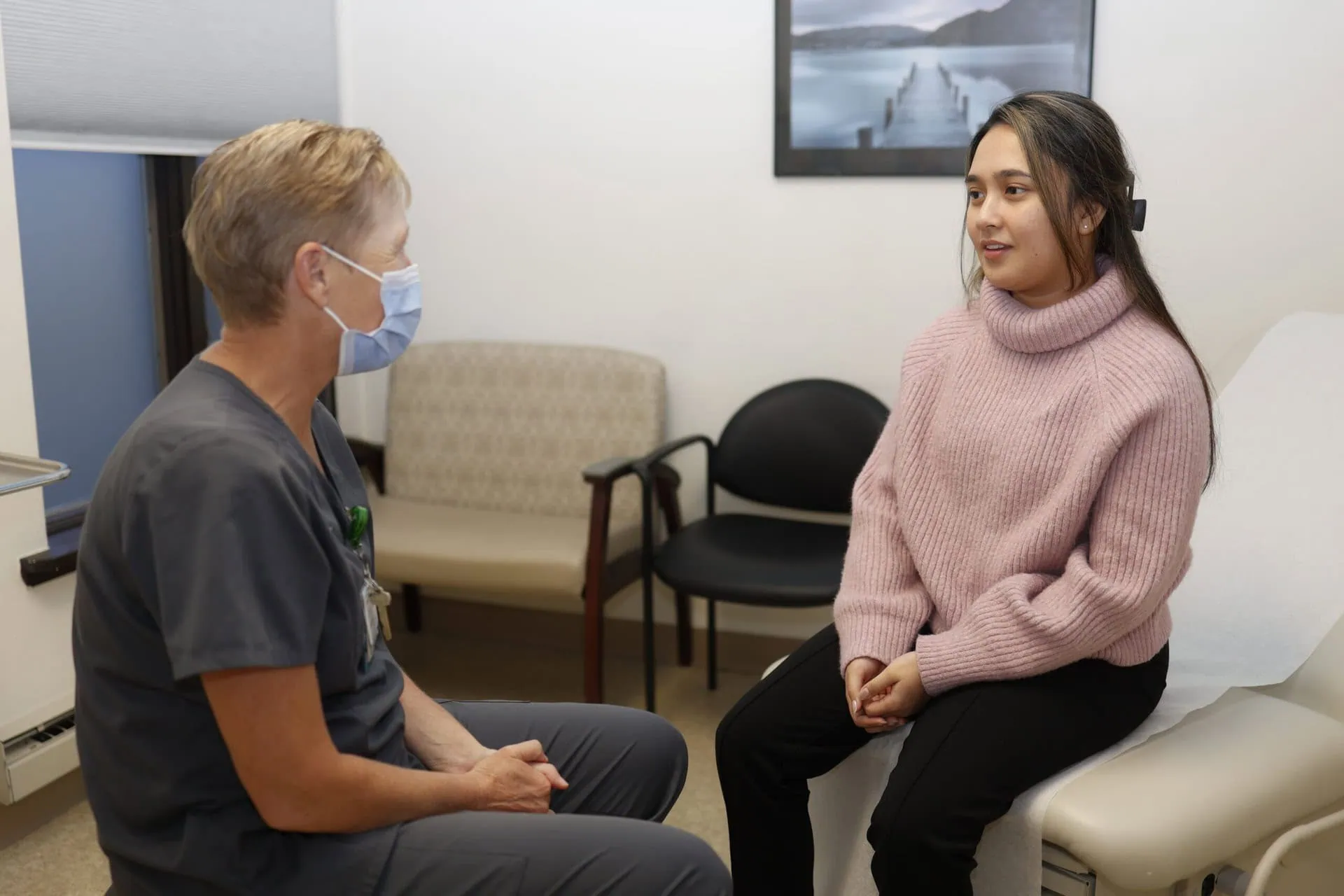As more and more people move through the pathway of sobriety, it’s important to acknowledge the link between food cravings and addiction. As a firm believer in listening to our bodies and finding joy in the foods we eat, I recognize the importance of understanding how the body can react to major lifestyle changes and the wild rollercoaster ride that cravings can feel like. Let’s dive in!
Understanding Addiction and Cravings
Addiction is more than just a habit; it’s a compulsive need that takes over, affecting our bodies and minds in profound ways. With addiction, the brain has been rewired to crave more and more of something, whether it’s a substance, behavior or activity. And when we take that away? Yikes! The withdrawal symptoms can be rough, and the cravings that come with sobriety? They can be intense, frustrating and downright confusing.
So, what’s going on with our brains?
Let’s chat about dopamine, the superstar of the brain’s reward system. Normally, dopamine gives us those happy, feel-good vibes when we do things that help us survive—like eating, socializing or, you know, binging a new Netflix show. But in the case of addiction, dopamine gets cranked up to 11 on a scale of 10. Our brain starts to expect that high level of reward, and when it doesn’t get it, it starts to demand more. The result? A brain that’s hungry for more and more, leading to high tolerance and increasing the need for “a fix.”
But wait, there’s more. Serotonin, our brain’s “happy chemical,” is also in on the action. When we’re going through withdrawal or embracing sobriety, serotonin levels drop, leaving us feeling down. And guess what helps bump those levels back up? Carbohydrates! That’s why those cravings for sugary treats can hit hard—our brains are craving a boost.
Alcohol and Blood Sugar: A Bumpy Ride
Alcohol seriously messes with our blood sugar levels. Alcohol, especially the sugary kinds like wine, beer or mixed drinks, pushes our blood sugar levels into a chaotic cycle of spikes and crashes. In the early stages of sobriety, your blood sugar might take a nosedive, leading to hypoglycemia, when your blood sugar drops below the typical range. Glucose, or sugar, is our body’s main energy source. When that baseline level is too low it can make us irritable and crave sugar—or more alcohol—as your body works on finding a balance.
So how do we find balance?
For someone that’s just starting to cut out alcohol, we know that the brain will be on the hunt for large hits of dopamine and serotonin. This means cravings for something sweet can be super strong. Both sugar and alcohol light up the same reward pathways in the brain, releasing dopamine and leading to a cycle of wanting more and more.
I have good news though—you have the power to manage your blood sugars and those pesky cravings. Here are some top tips for taking control of your blood sugar:
- Eat balanced meals throughout the day.
- Don’t forget to fuel up within an hour of waking up.
- Stay hydrated with plenty of water.
- Get enough protein (e.g., meat, fish, dairy or plant-based foods like tofu or lentils).
- Include complex carbs in your meals (e.g., fruits, veggies, nuts, oats, etc.).
Pro Tip: Pair your carbs with protein to avoid spikes and dips in blood sugar. For example, grab a spoonful of peanut butter with your apple. Delicious and stabilizing!
Key Nutrients for Recovery
Your body needs the right nutrients to regulate your dopamine levels and to help you in your sobriety journey. The following nutrients can help you manage your dopamine levels as you recover from alcohol use:
- Mood-boosting:
- Magnesium: Grab a handful of almonds.
- Tyrosine: Again, almonds serve as a powerful building block.
- Alcohol recovery:
- Thiamin (Vitamin B1): You can find this energy converting and strength building nutrient in seaweed, beans, asparagus and sunflower seeds.
- Vitamin B12: This essential nutrient is necessary for keeping your nerves healthy and supports red blood cell production and brain function. You can find it in beef, fortified cereals, tuna and nutritional yeast.
- Folate: Reach for the leafy greens, broccoli, oranges and avocados.
- Zinc: This mineral plays an important role in your digestion, metabolism and nerve health. Zinc-rich foods include eggs, meats, seafood, legumes and oats.
Find Your Joy
An essential key to embracing sobriety is finding what makes you happy. Think about what activities make you feel alive and bring you joy. Whether it’s dancing, hiking or walking with family members, do what you love. It’s all about finding balance while nurturing your mind, body and spirit.
Remember—sobriety is a journey. Fine-tuning your diet is just one step along the way. Listen to your body, be kind to yourself and know that you’ve got the strength to navigate those cravings and persevere. We’re behind you and believe in you!






